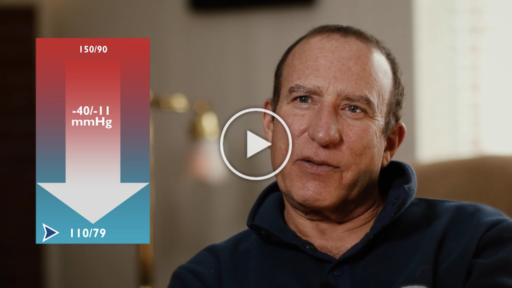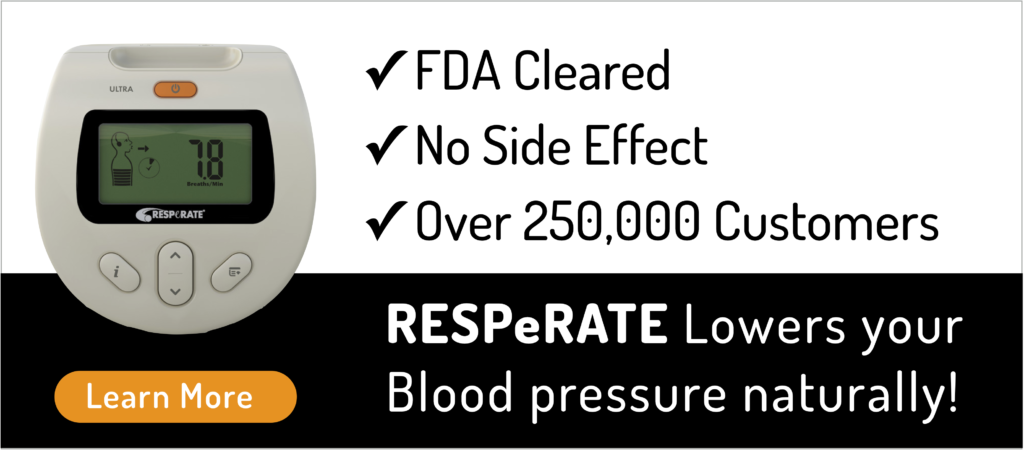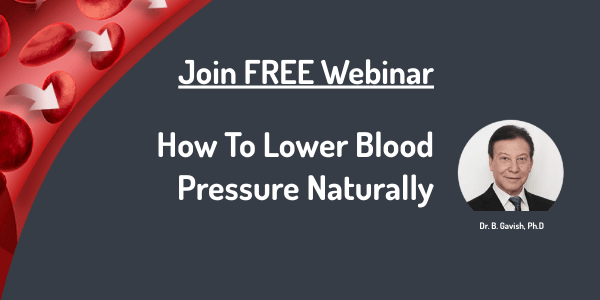Pregnancy is one of the most beautiful things a woman can experience. Have you ever noticed how pregnant women have that certain glow about them? But pregnancy also comes with some risks. One of them being gestational hypertension.
What is gestational hypertension? Gestational hypertension or pregnancy-induced hypertension (PIH) is the development of new hypertension in a pregnant woman after 20 weeks’ gestation without the presence of protein in the urine or other signs of pre-eclampsia.
There are actually three types of hypertension during pregnancy:
1. Chronic Hypertension– Women who have high blood pressure(140/90) before pregnancy, early pregnancy ( before 20 weeks), and continues after pregnancy.
2.Gestational Hypertension– High blood pressure that develops after the 20th week of pregnancy and disappears after delivery.
3.Pre-eclampsia- Both chronic hypertension and gestational hypertension can lead to this severe condition after week 20 of the pregnancy. Symptoms include high blood pressure and protein in the urine. This can lead to serious complications for mom and the baby if not treated quickly.
Who Is At Risk For Gestational Hypertension?
- First-time mom’s
- Women whose sisters and moms had PIH
- Pregnant with more than one child
- Women younger than age 20 and older than age 40
- Women who had high blood pressure or kidney disease prior to pregnancy
- Women who are African American
Watch How Mark Lowered His Blood Pressure Naturally. It was 150/100, this morning it was 110/79 Watch Video
What Are The Symptoms Of Gestational Hypertension?
The following are the most common symptoms of high blood pressure in pregnancy. However, each woman may experience symptoms differently, and a patient with gestational hypertension may be completely asymptomatic. Symptoms may include:
- Increased blood pressure
- Absence or presence of protein in the urine (to diagnose gestational hypertension or preeclampsia)
- Edema (swelling)
- Sudden weight gain
- Visual changes such as blurred or double vision
- Nausea, vomiting
- Right-sided upper abdominal pain or pain around the stomach
- Urinating small amounts
- Changes in liver or kidney function tests
Can Gestational Hypertension Cause Problems for Me and the Baby?
High blood pressure can hurt you and your baby. The effects can be mild to very severe. It may cause no problems. Or it may:
-
- It might cause damage to your kidneys and other organs
- It could reduce blood flow to the placenta, which means your baby receives less oxygen and fewer nutrients
- It may result in your baby to be born too small or too soon
- Put you at risk for possible heart disease or high blood pressure when you become older
- In severe cases, gestational hypertension leads to preeclampsia, also known as toxemia. It can harm the placenta as well as your brain, liver, and kidneys. Preeclampsia can lead to eclampsia, a rare and serious condition that can cause seizures and coma — even death.
How is Gestational Hypertension Medically Treated?
Specific treatment for gestational hypertension will be determined by your doctor based on:
- Your pregnancy, overall health, and medical history
- The extent of the disease
- Your tolerance for specific medications, procedures, or therapies
- Expectations for the course of the disease
- Your opinion or preference
The goal of treatment is to prevent the condition from becoming worse and to prevent it from causing other complications. Treatment for gestational hypertension may include:
- Bedrest, either at home or in the hospital, may be recommended
- Hospitalization (as specialized personnel and equipment may be necessary)
- Magnesium sulfate (or other antihypertensive medications for gestational hypertension if blood pressure readings are in the severe range)
How to naturally control high blood pressure during pregnancy:
Maintain A Healthy Weight
Although pickles and ice cream may sound good, try to stay away from them as much as possible. Many doctors and researchers have concluded that you should be near a healthy body weight when you become pregnant. By eating a nutrient dense diet one can achieve that goal.
Get Regular Exercise
No matter how many articles I have researched or written this one and the one above are always in the same group. Think they are trying to tell us something? Besides helping to maintain a healthy body weight during your pregnancy, did you know that exercise also helps decrease inflammation?
Advertisement Watch how Julie Lowered her Blood Pressure Naturally. It was 170/110, this morning it was 120/80 Learn More…Eat a Healing Diet to Reduce Blood Pressure Levels
I love the way this one is written, eating a healing diet. We should not only eat for enjoyment but also that our bodies may heal themselves. You want to be eating high antioxidant foods, potassium-rich foods, and as many super-foods as possible.
Prevent Dehydration and Fatigue
You really want to stay hydrated which means drinking the minimum of 8 8 oz. glasses of water (WATER NOT COKE ZERO!) daily. Limit the double espresso lattes with whip cream, and cut down on the fuzzy navels. (Yes a real drink). Also, ensure you are getting adequate sleep at night and if you feel fatigue in the afternoon regardless of what housework you think you must do. Ask your partner for additional help. By taking care of you they are also taking care of themselves, you, and the child you both bringing into the world.
More Ways to Help Yourself
Women must be very careful with what they should and should not take to avoid teratogenic effects on their unborn child (Teratogen: Any agent that can disturb the development of an embryo or fetus). The classes of teratogens include radiation, maternal infections, chemicals, and drugs. Here are a few natural ways to ensure yourself to keep your blood pressure in check during your pregnancy.
Very important keep up with your Doctor’s visits: Prenatal checkups are a must. This may be the first place your medical practitioner, nurse practitioner, or midwife my find some concerns so keep all your appointments.
The overall goal is a safe and happy pregnancy for both moms, the baby, and partner. By following these simple suggestion a safe pregnancy is achievable.











 Download Brochure
Download Brochure